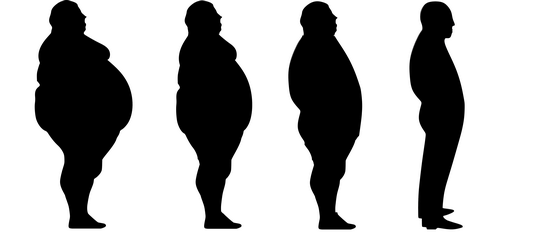Steroids are a diverse group of organic compounds that share a common structure known as the steroid nucleus. These compounds are naturally produced in the body and also synthesized for medical and recreational purposes. While steroids can be beneficial in treating various conditions, their misuse can lead to serious health risks.
Types of Steroids
There are several types of steroids, each serving different functions:
- Anabolic Steroids: These are synthetic derivatives of testosterone used primarily to promote muscle growth and enhance athletic performance.
- Corticosteroids: These steroids are used to reduce inflammation and suppress the immune system. They are often prescribed for conditions like asthma, arthritis, and autoimmune diseases.
- Sex Steroids: These include hormones like estrogen and progesterone, which play crucial roles in sexual development and reproductive function.
- Mineralocorticoids: Primarily involved in regulating electrolyte and water balance in the body.
Medical Uses of Steroids
Steroids have significant therapeutic applications. Some common medical uses include:
- Treatment of Inflammatory Conditions: Corticosteroids are often used to manage diseases such as lupus, multiple sclerosis, and rheumatoid arthritis by reducing inflammation.
- Hormonal Replacement Therapy: Hormones like testosterone and estrogen are administered to individuals with hormonal deficiencies.
- Muscle Wasting Disorders: Anabolic steroids are prescribed for patients suffering from severe weight loss due to chronic illness, as they help restore muscle mass.
- Allergic Reactions: Steroids can effectively treat severe allergic reactions and asthma attacks by reducing airway inflammation.
The Mechanism of Action
Steroids are a class of compounds that play a crucial role in various physiological processes due to their pharmacological action. They are often used to enhance muscle growth, reduce inflammation, and treat a variety of medical conditions. The mechanism of action of steroids involves binding to specific receptors in the body, which leads to changes in gene expression and subsequent physiological effects. For more detailed information on the use and effects of steroids, you can visit https://steroidformuscleusa.com/.
Risks and Side Effects
Despite their benefits, the misuse of steroids, especially anabolic steroids, can lead to numerous health complications:
- Cardiovascular Issues: Increased risk of heart disease, hypertension, and stroke due to altered cholesterol levels.
- Liver Damage: Oral anabolic steroids can lead to liver toxicity and other hepatic disorders.
- Hormonal Imbalances: Can cause infertility, testicular shrinkage in men, and voice deepening or menstrual irregularities in women.
- Psychological Effects: Users may experience mood swings, aggression, paranoia, and other mental health issues.
Legal Status of Steroids
The legal status of steroids varies greatly across different countries. In many places, anabolic steroids are classified as controlled substances, making their sale and possession illegal without a prescription. On the other hand, corticosteroids are available through medical prescriptions but may also be misused in sports and bodybuilding.
Coping with Steroid Use
If someone is considering steroid use, it’s crucial to weigh the pros and cons carefully. Here are some strategies for responsible usage:
- Consult a Healthcare Professional: Before starting any steroid regimen, obtain professional advice to understand potential risks and benefits.
- Use Under Medical Supervision: If steroids are prescribed, follow the dosing instructions strictly to minimize side effects.
- Avoid Abuse: Be aware of the signs of addiction and seek help if experiencing negative consequences related to steroid use.

Conclusion
Steroids can play essential roles in medicine and fitness when used responsibly. Understanding their mechanisms, benefits, and risks allows individuals to make informed decisions regarding their use. Whether for medical treatment or performance enhancement, awareness of steroid implications is vital for ensuring health and well-being..
